We kicked off the day with a lecture about international aid. I found the lecturer’s transition from the corporate world to the not-for-profit world to be an interesting one and asked how her workflow had changed. Slower, she said. One of the biggest challenges (to efficiency) is the complacent Swazi culture and defeatist attitude towards public health issues OUTSIDE of her organization: there isn’t a great sense of urgency in their everyday workflow and HIV/AIDS has been a problem for a very long time. But before we can change a culture, we have to change the very infrastructural factors upon which the culture is based, whether they are lack of transport or lack of skilled workers.
Effective change doesn’t just change people’s positions within the system of social, economic and political confluence, it changes the system.
Basically, saving the world is a complex task. But, broken down into manageable bits, it’s not impossible with patience. Moreover, it’s needed when you consider the fact that many poor people are without the time, money and security to powerfully protest and plan a riot, leaving them heavily dependent on others speaking for them. The squeaky wheel gets the oil.
She hopes to work more on NGO engagement with the private sector, which is crucial given the nature of drugs from research and development to production costs.
In the afternoon, we had a lecture on screenwriting. We analyzed a few films including The Hunger Games and Titanic (and even Gravity before Professor Smith realized only one student had watched it…) in exploring the usage of suspense, drama and conflict, plot twists and thickeners, character desires and “the event” (result of the climax). If I ever become a filmmaker, this is “the inciting incident.”
Then we immediately put what we had learned into action by writing the script of a short film for a class project. I don’t want to give away spoilers so for now I’ll just say that it’s a story about a boy and his TB-stricken dad who *in a low voice* “du-du-dah…”
After the lecture, we were joined by Mrs Mkoko who had visited on her way from work. We took her on a tour to the local Corner Plaza then had her teach a few of us The Miner’s Song, which we later sang while pretending to mine at dinner to the amusement of Professor Smith but disdain of a nearby couple also dining (Professor Smith: “All I know is that they were there when you began singing and they were gone when you finished.”)
The Miner’s Song:
Verse 1:
Shosholoza shosholoza (ooh ye ye)
Kulezontaba*
Stimela seconda**
Zimbabwe
*The ‘k’ is pronounced as a ‘g’
**The ‘c’ is replaced by a click of the tongue at the back of the mouth that sounds more like ‘kt’

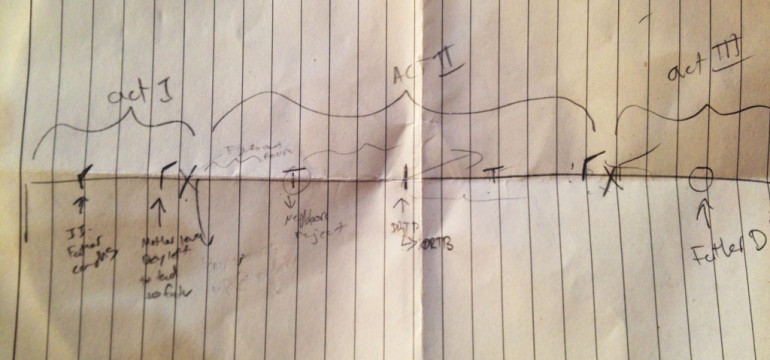
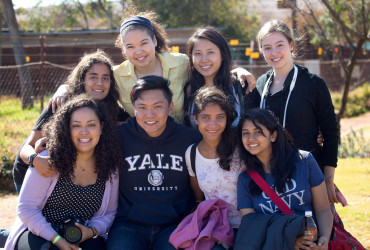
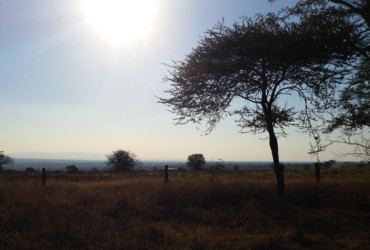
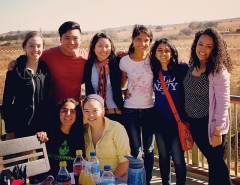

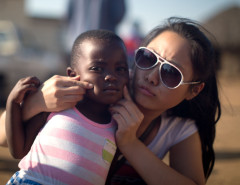
Leave a Reply